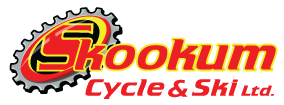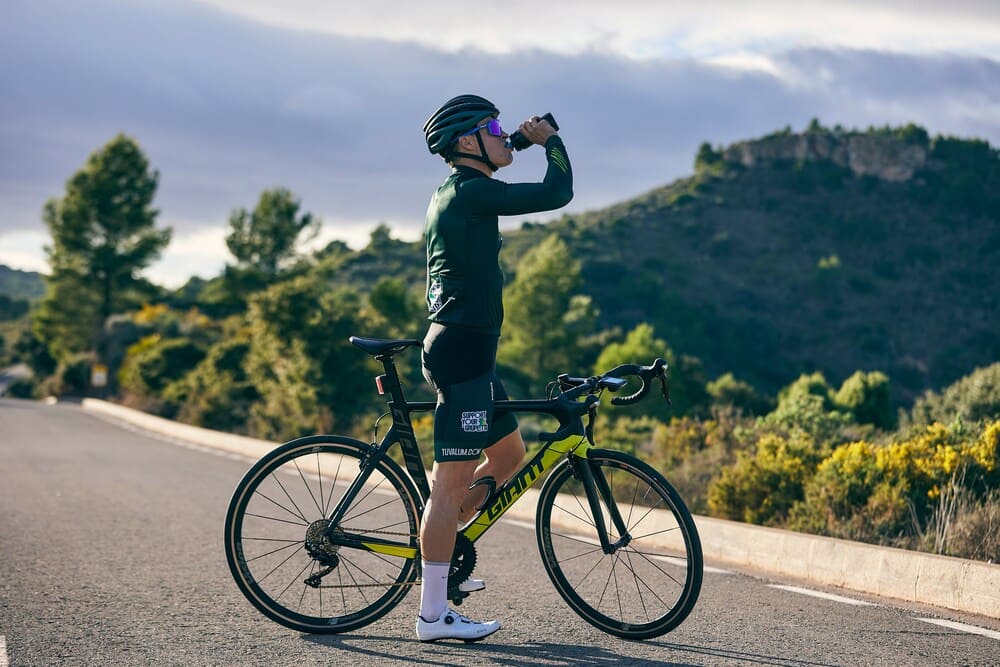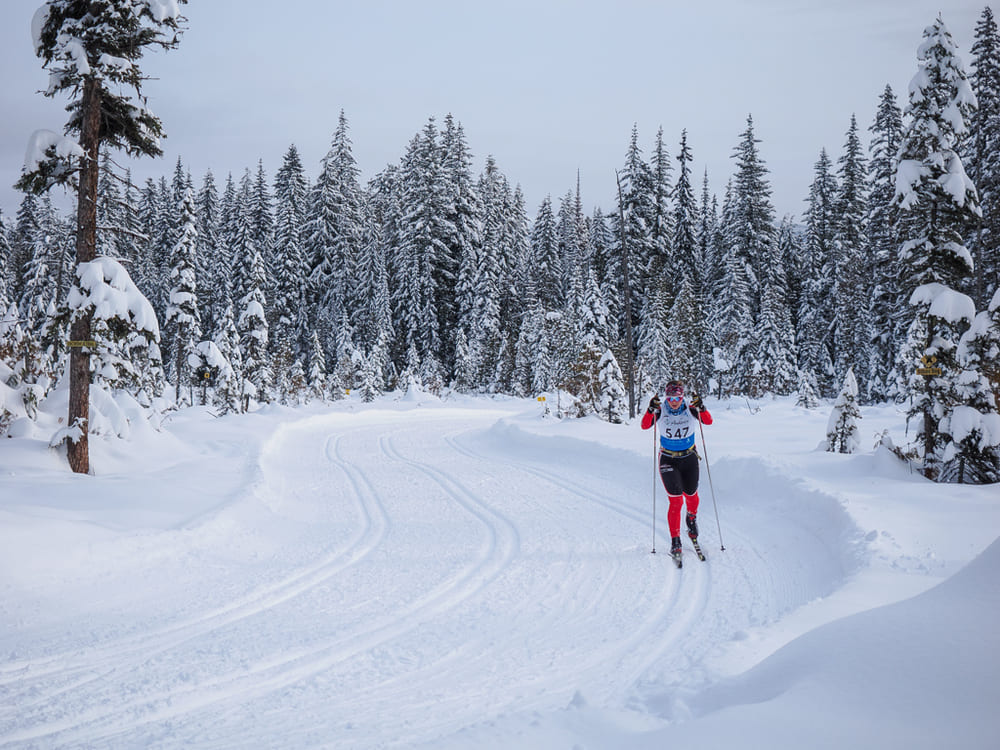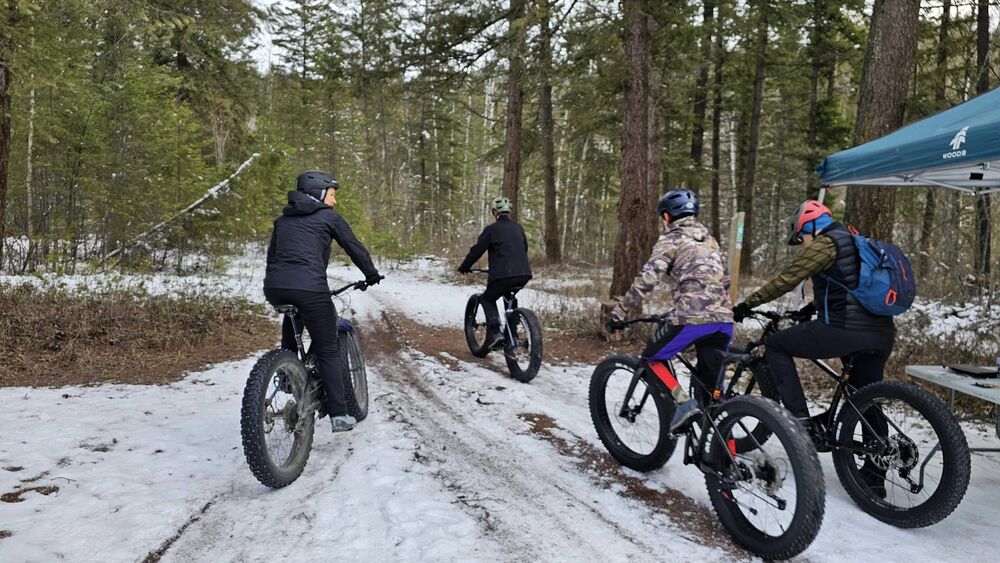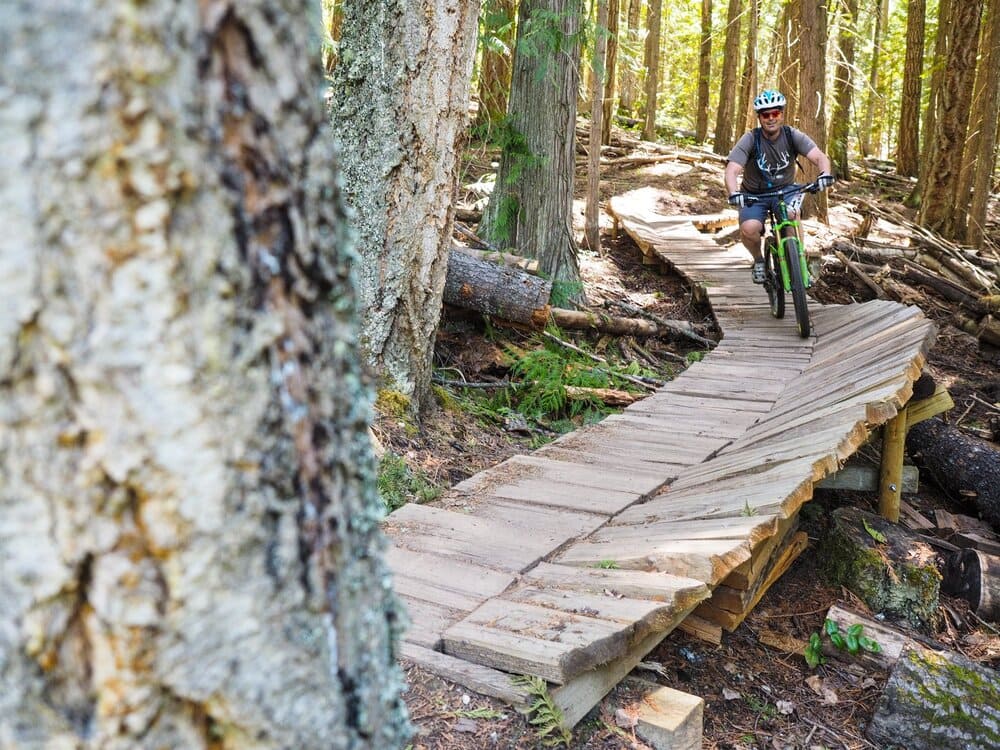Cycling, whether as a hobby, competitive sport, or means of commuting, demands a lot from the body. To perform well and recover effectively, cyclists need to focus on their nutritional intake before, during, and after their rides. The right food and drink choices can make a significant difference in energy levels, endurance, and overall performance. In this article, we will discuss the best practices for fueling your body at different stages of your cycling journey.
Pre-Ride Nutrition: Setting the Foundation
Fueling your body before a ride is crucial because it sets the tone for your performance. The primary goal of a pre-ride meal is to ensure that your muscles are stocked with glycogen, the stored form of carbohydrates that your body uses for energy. Eating the right foods at the right time can help you avoid fatigue and maintain a steady energy level throughout your ride.
Ideally, your pre-ride meal should be consumed about 2 to 3 hours before you start cycling. This allows enough time for digestion and ensures that the nutrients are available for your body to use during the ride. A good pre-ride meal should be rich in carbohydrates, moderate in protein, and low in fat and fiber to prevent digestive discomfort. For example, a bowl of oatmeal with a banana and a small amount of honey can be an excellent choice. The oatmeal provides slow-releasing carbohydrates, the banana adds potassium to support muscle function, and the honey offers a quick source of energy.
If you don’t have time for a full meal, or if you’re riding early in the morning, a smaller snack consumed 30 to 60 minutes before your ride can also be effective. This could include a piece of toast with jam, a small smoothie made with fruit and yogurt, or an energy bar. The key is to choose something that is easily digestible and provides a quick source of energy without weighing you down.
Hydration is another critical aspect of pre-ride preparation. Drinking water before your ride helps to ensure that your body is well-hydrated and ready to perform. If you’re planning a long ride or if the weather is hot, consider adding an electrolyte supplement to your water to help maintain your body’s salt balance and prevent dehydration.
Nutrition During the Ride: Keeping the Energy Flowing
Once you’re on the bike, maintaining your energy levels is essential to prevent fatigue and keep your performance steady. The longer and more intense your ride, the more important it becomes to fuel your body while cycling. The goal is to provide a steady supply of carbohydrates to keep your glycogen stores from depleting.
For rides lasting less than an hour, water is usually sufficient to keep you going. However, for rides longer than 60 minutes, especially if they are intense or include a lot of climbing, you will need to consume additional carbohydrates to maintain your energy levels. Aim for 30 to 60 grams of carbohydrates per hour, depending on the intensity of your ride.
There are many options for mid-ride fueling, and it’s important to find what works best for you. Some cyclists prefer energy gels or chews, which are convenient and easy to digest. Others might choose natural foods like bananas, dried fruit, or energy bars. It’s a good idea to experiment with different foods during training rides to find out what your body tolerates best.
In addition to carbohydrates, staying hydrated is critical during your ride. You should aim to drink small amounts of water or an electrolyte drink every 15 to 20 minutes, even if you don’t feel particularly thirsty. Dehydration can creep up on you and significantly impact your performance, so it’s important to stay on top of your fluid intake.
For longer rides, particularly those lasting more than two hours, it might be beneficial to include some protein in your mid-ride snacks. Protein helps to prevent muscle breakdown and can aid in recovery, especially during prolonged efforts. A handful of nuts, a small piece of cheese, or an energy bar that includes protein can be good options.
Post-Ride Nutrition: Recovery and Replenishment
What you eat after your ride is just as important as your pre-ride meal and mid-ride fueling. The goal of post-ride nutrition is to replenish the glycogen stores that have been depleted, repair muscle damage, and rehydrate the body. Consuming the right nutrients after a ride can help to accelerate recovery and prepare your body for your next workout.
Ideally, you should aim to eat within 30 to 60 minutes of finishing your ride, as this is when your body is most efficient at absorbing nutrients. A post-ride meal should include a mix of carbohydrates and protein, with a ratio of about 3:1 or 4:1, meaning three to four parts carbohydrates to one part protein. This combination helps to restore glycogen levels and kickstart the muscle repair process.
A smoothie made with fruit, yogurt, and a handful of spinach can be an excellent post-ride option, providing both carbohydrates and protein in a form that is easy to digest. Alternatively, a turkey sandwich on whole-grain bread with a piece of fruit can also be a good choice. The bread provides the necessary carbohydrates, while the turkey offers lean protein.
Rehydration is another critical aspect of post-ride recovery. Drinking water after your ride is essential to replace the fluids lost through sweat. If your ride was particularly long or intense, or if the weather was hot, you might also need to replace lost electrolytes. An electrolyte drink or a snack that contains salt, such as pretzels or salted nuts, can help to restore your body’s electrolyte balance.
Adapting Your Nutrition to Different Types of Rides
Not all rides are created equal, and your nutritional needs can vary depending on the type and duration of your ride. For example, a short, high-intensity interval session might require different fueling strategies compared to a long, steady endurance ride.
For shorter, more intense rides, such as time trials or interval sessions, your focus should be on carbohydrates to provide quick energy. A small snack before the ride, combined with a carbohydrate-rich meal afterward, can help to optimize your performance and recovery.
On the other hand, for long endurance rides, you need to think more strategically about your fueling. In addition to carbohydrates, you might also need to include some fat and protein to provide a more sustained source of energy. For example, a peanut butter and jelly sandwich or a banana with almond butter can be a good mid-ride snack for longer rides. You might also need to pay closer attention to hydration and electrolyte replacement during longer efforts.
If you’re participating in a multi-day event or stage race, recovery becomes even more important. In this case, it’s crucial to focus on replenishing glycogen stores and repairing muscle damage after each stage, as well as ensuring that you’re fully hydrated and ready for the next day’s effort. In addition to your post-ride meal, consider including a protein shake or other recovery drink to help meet your nutritional needs.
Common Mistakes and How to Avoid Them
Even with the best intentions, it’s easy to make mistakes with your cycling nutrition. Some of the most common errors include not eating enough before a ride, neglecting to fuel during long rides, and failing to prioritize recovery nutrition. Each of these mistakes can have a negative impact on your performance and recovery.
One common mistake is underestimating the importance of the pre-ride meal. Skipping breakfast or not eating enough can leave you feeling sluggish and underpowered, especially on longer rides. To avoid this, plan your meals ahead of time and ensure that you have a balanced meal or snack before you hit the road.
Another mistake is not consuming enough carbohydrates during long rides. Some cyclists might avoid eating during a ride because they don’t feel hungry, but this can lead to hitting the proverbial wall or “bonking,” where your glycogen stores become depleted, and your energy levels plummet. To prevent this, make a habit of eating small amounts of carbohydrates every 30 to 60 minutes during longer rides, even if you don’t feel particularly hungry.
Finally, neglecting post-ride nutrition can slow down your recovery and leave you feeling fatigued the next day. It’s important to eat a balanced meal that includes both carbohydrates and protein within an hour of finishing your ride. This will help to replenish glycogen stores and repair muscle damage, ensuring that you’re ready for your next workout.
Conclusion
Proper nutrition is a key component of cycling performance and recovery. By paying attention to what you eat before, during, and after your rides, you can optimize your energy levels, improve your endurance, and speed up your recovery. Remember to tailor your nutrition to the specific demands of your ride, whether it’s a short, intense workout or a long endurance ride. With the right fueling strategies, you can get the most out of your cycling and enjoy the ride to the fullest.
